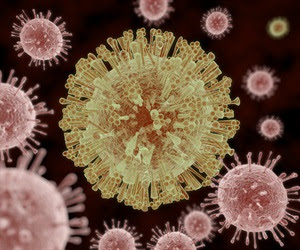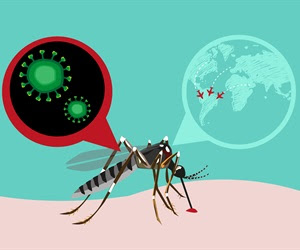| ||||||||||||||||||||||||||||||||||||||||||||||||||||||
| ||||||||||||||||||||||||||||||||||||||||||||||||||||||
| ||||||||||||||||||||||||||||||||||||||||||||||||||||||
| ||||||||||||||||||||||||||||||||||||||||||||||||||||||
| ||||||||||||||||||||||||||||||||||||||||||||||||||||||
| ||||||||||||||||||||||||||||||||||||||||||||||||||||||
miércoles, 24 de octubre de 2018
Infectious Diseases - Oct 24, 2018 Edition :: Medical News | Medical Articles
Medical News | Medical Articles
Suscribirse a:
Enviar comentarios (Atom)






_on_human_skin-Tacio_Philip-1000_63ca0542f3674714a09eca4dc8beabab-300x250.jpg)






































No hay comentarios:
Publicar un comentario